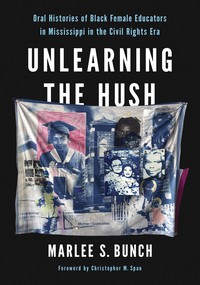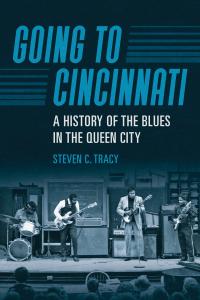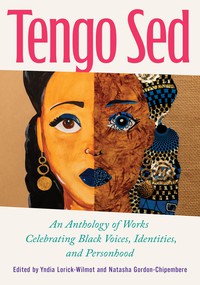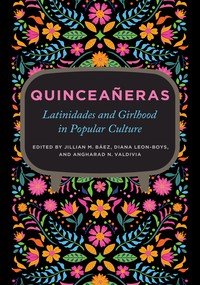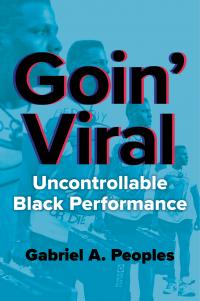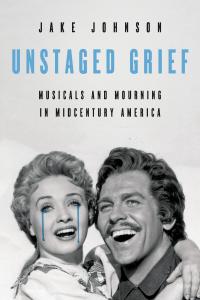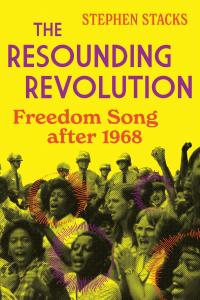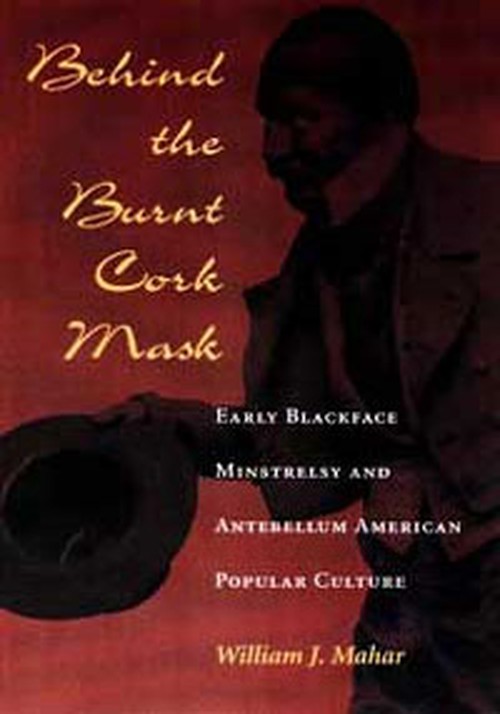
Behind the Burnt Cork Mask
Early Blackface Minstrelsy and Antebellum American Popular Culture
Minstrelsy's many meanings in antebellum America
Paper – $34
978-0-252-06696-2
Publication Date
Paperback: 01/01/1999
Series: Music in American Life
About the Book
The songs, dances, jokes, parodies, spoofs, and skits of blackface groups such as the Virginia Minstrels and Buckley's Serenaders became wildly popular in antebellum America. Drawing on an unprecedented archival study of playbills, newspapers, sketches, monologues, and music, William J. Mahar explores the racist practices of minstrel entertainers and considers their performances as troubled representations of ethnicity, class, gender, and culture in the nineteenth century.Mahar investigates the relationships between blackface comedy and other Western genres and traditions; between the music of minstrel shows and its European sources; and between "popular" and "elite" constructions of culture. Locating minstrel performances within their complex sites of production, Mahar reassesses the historiography of the field.
